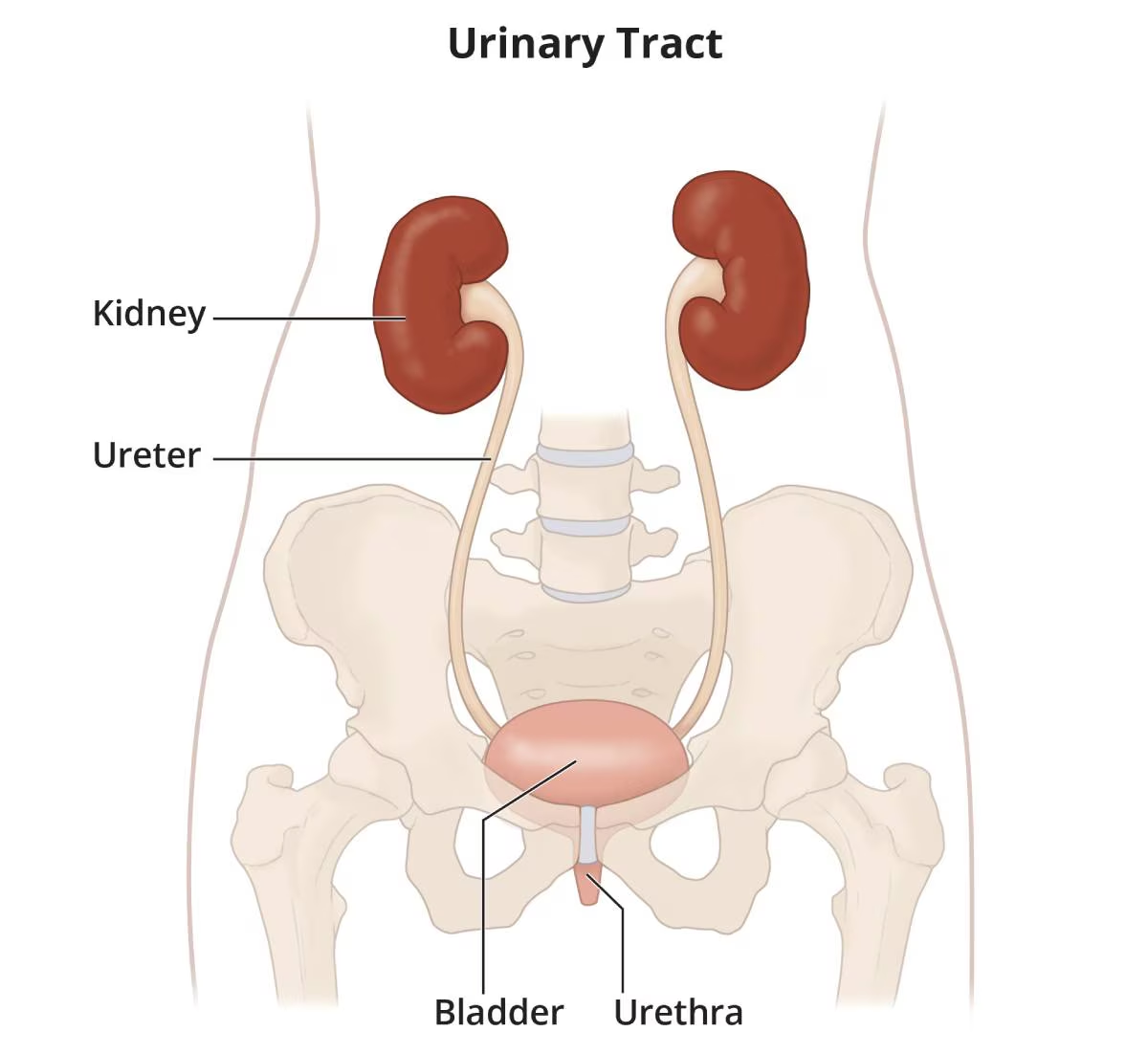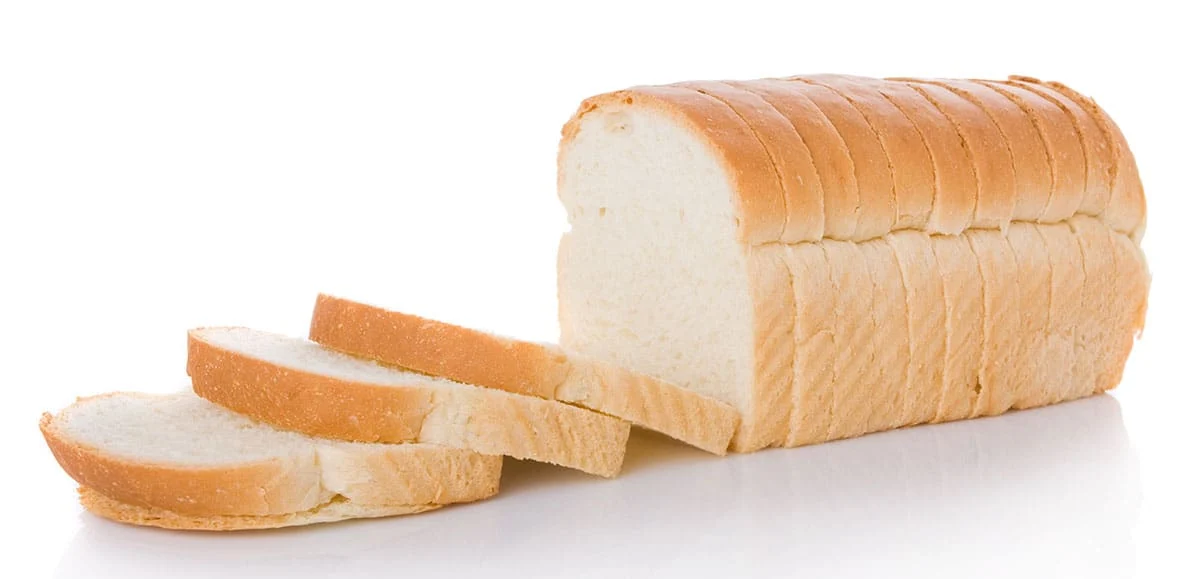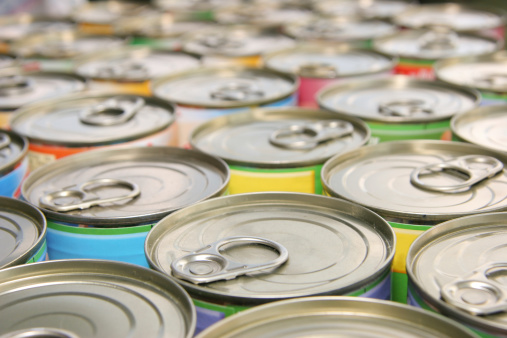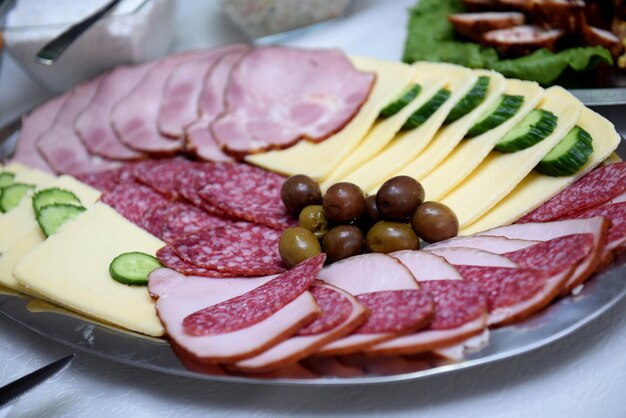What does (CKD) stand for and what does it mean? (CDK) Chronic Kidney Disease. Kidneys over a long period of time slowly are damaged. They can’t filter your blood like it is supposed to. The damage can cause waste to build up in your body.
My findings about (CDK) Chronic Kidney Disease
In doing research on CKD (chronic kidney disease) because I have just recently been diagnosed with CKD. This is a way I can share my information with others that have been recently diagnosed. I had no idea what all the kidneys do for our bodies. What we eat affects the kidneys. The additives that manufacturers put in our foods today are harmful to our bodies and are also addictive. I am sharing this information to help people understand what is going on in our bodies daily, and the harm it is doing to us.
Do you know what you eat?
What is phosphorus? A chemical element Many of our foods and beverages contain phosphorus when they are made by different manufacturers. They add this during processing to enhance flavor, prolong shelf life, and prevent it from losing its color (discoloration). Additive phosphorus can usually be found on the product’s ingredients list, but manufacturers are not required to put how much is used on this list. It is found in the form of salt and is highly absorbent by the intensive tract. This is highly absorbable by the human body. Dark sodas should be avoided if you are told to go on a renal diet. This addictive phosphorus is bad for people with CKD.
Bread
What are whole grains and brands what’s the difference?
How to find the right bread to eat and stay healthy. Whole wheat might be more nutritious because of its high fiber content. Even though white bread is recommended for people with kidney disease, because of the phosphorus and potassium content in the whole grains and bran. The more bran and whole grain in the bread, the more phosphorus and potassium is added to it. On the other hand, most bread and banana bread products do not matter if it is white or whole wheat; they contain high amounts of sodium. You should read the labels of products you purchase, the ones lowest in sodium just like whole wheat bread, brown rice, is a whole grain that is higher in phosphorus and potassium. You can substitute those products with white rice, bulgur, and buckwheat to help control your intake of high phosphorus and potassium.
Canned foods
Food that comes in the canned form such as soup, beans, vegetables, and tuna to name a few, are bad for you. They have high amounts of sodium added during processing time. Choosing “no salt added” is typically better for you, some people drain the juice from the can and rinse the product to decrease their sodium intake.
What is Sodium? It is a chemical element. A balance between other ions and sodium regulates the pressure of the cells which we call blood pressure. Every cell in our body has sodium, which is transmitted by nerve impulses.
Dairy
What is calcium? It is an essential mineral that is the key to a healthy body and teeth.
Dairy products are full of various vitamins and nutrients, they are high-protein foods. They also are an all-natural source of phosphorus and potassium. As we all have been told, dairy products like milk are good for strong muscles. However, when you have CKD (chronic kidney disease) dairy is high in phosphorus and potassium. Too much phosphorus can cause a build-up of phosphorus in the blood, causing it to pull calcium from the bones. This can make your bones more likely to break or fracture as it makes the bones thin and weak. It is very important to track your dairy consumption to avoid protein waste buildup in your blood.
Dates, Raisin, and Prunes
What is potassium? Helps carry electrical signals to cells in your body. The proper functioning of nerves and muscle cells, particularly, the heart muscle cells all need potassium! Generally, a good potassium is 3.6 to 5.2 millimoles per liter.
Dried fruit such as Dates, raisins, and prunes are high in potassium. So if you were diagnosed with CKD avoid these as much as possible.
Oranges and orange juice
What is vitamin C? It is a water-suitable vitamin with a variety of benefits. Another name for vitamin C is Ascorbic acid! It is needed to form blood vessels, cartilage, muscles, and collagen in bones. It is also an antioxidant. This helps defend your body from cell damage, protects your eyes, and strengthens your immune system.
As most of us know, oranges and orange juice are known for their vitamin content and they are rich sources of potassium. Avoid these products if you have CKD. Try substituting these for apples, grapes, cranberries, and juices made with these products.
Pretzels, chips, and crackers
What are nutrients? This is the process of consuming foods and converting them into energy.
Convenient snacks such as those listed above lack nutrients and are high in salt. Most people consume more than the recommended portion size of these snacks so that means your salt intake is even higher. Avoid these snacks. The chips that are made from potatoes, are not only high in salt but are also high in potassium.
Processed meats
Why Salt? Salt is sodium chloride ( 40% sodium 60% Chorole) in small white granules.
Processed meats are considered unhealthy because of the content level of preservatives added. These canned foods are processed meats that have been salted, dried, cured, and then canned. Some examples of this are hotdogs, bacon, pepperoni, jerky, and sausage to name just a few of the many. Large amounts of salt are added to processed meat to improve the taste and preserve the flavor of the food.
Here are some foods that are kidney-friendly if you have (CDK) Chronic Kidney Disease
This is a list of foods that are kidney friendly: cauliflower, blueberries, sea bass, red grapes, egg whites, garlic, buckwheat, olive oil, cabbage, skinless chicken, bell peppers, onions, macadamia nuts, radishes, turnips, pineapples, cranberries, shita mushrooms, and the list goes on and on.
What is Kidney failure? This is a condition in which one or both of the kidneys no longer work on their own.
These Products are not so Friendly for (CDK) Chronic Kidney Disease
Things you need to watch out for if you have been diagnosed with (CDK) Chronic Kidney Disease or kidney failure depending on what stage you are in.
It has been said that you may not be able to heal a damaged kidney but, you can manage it as best as possible with dietary changes for example: Avoid too much salt and sodium, and get enough protein as needed for you (ask dietitian), following heart-healthy diet, limiting alcohol intake, avoiding foods and drinks high in phosphorus and potassium, processed foods, prepaid meals, canned foods, bread, deli meats, alcohol, cola’s, prunes, dairy, orange juice, dates raisins, large portions of protein (meats and dairy). Avoid any and all processed food they are bad for us.
Consuming these products can make fluids build up in your body and accumulate waste in your blood.
Summary
If you have been diagnosed with (CDK) Chronic Kidney Disease or are on a renal diet, avoiding or limiting your intake of the foods listed above will be challenging. However, there are plenty of healthy recipes, of nutritious and delicious foods that you can consume in moderation. I only covered a few products the more I learn the more I will share here. You should follow your diet as your doctor prescribes or your dietitian recommends. This article is for reference only, everyone’s bodies are not the same so work with your doctor or dietician. Kidney-friendly recipes that are recommended to you by your renal dietitian. If you have been diagnosed, just to let you know I will be posting my journey of what to know about this disease. So look for a follow-up post in the near future.
We can all help make this a better place with the “Pay It Forward” gesture we will teach you how. CONTACT US





